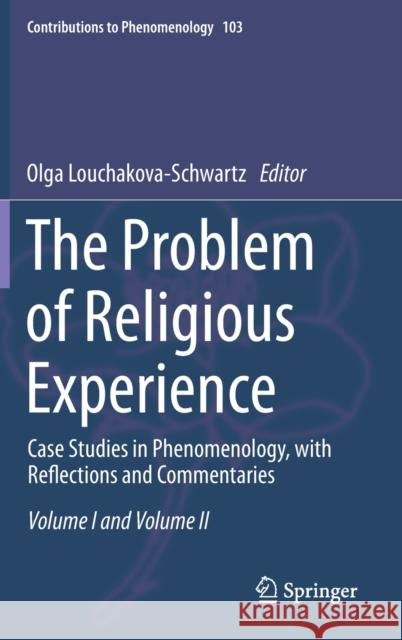The Problem of Religious Experience: Case Studies in Phenomenology, with Reflections and Commentaries » książka
topmenu
The Problem of Religious Experience: Case Studies in Phenomenology, with Reflections and Commentaries
ISBN-13: 9783030215743 / Angielski / Twarda / 2020 / 339 str.
The Problem of Religious Experience: Case Studies in Phenomenology, with Reflections and Commentaries
ISBN-13: 9783030215743 / Angielski / Twarda / 2020 / 339 str.
cena 442,79
(netto: 421,70 VAT: 5%)
Najniższa cena z 30 dni: 424,07
(netto: 421,70 VAT: 5%)
Najniższa cena z 30 dni: 424,07
Termin realizacji zamówienia:
ok. 16-18 dni roboczych.
ok. 16-18 dni roboczych.
Darmowa dostawa!
Kategorie:
Kategorie BISAC:
Wydawca:
Springer
Seria wydawnicza:
Język:
Angielski
ISBN-13:
9783030215743
Rok wydania:
2020
Wydanie:
2019
Numer serii:
000033530
Ilość stron:
339
Waga:
0.68 kg
Wymiary:
23.39 x 15.6 x 2.06
Oprawa:
Twarda
Wolumenów:
01
Dodatkowe informacje:
Wydanie ilustrowane











